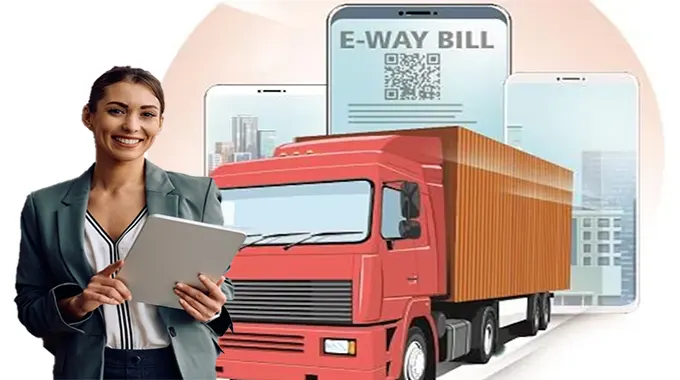The e-way bill system came into force on April 1, 2018. According to GST rules, businesses need to generate an e-way bill under certain specific situations. Moreover, the responsibility for generating the e-way bill varies among the supplier, transporter, or buyer.
By understanding these conditions, businesses can follow the rules properly and remain compliant. Also, they can avoid scrutiny and penalties levied by the GST authority.
So, do you want to know the various e-way bill requirements? In this article, let’s see who can generate an e-way bill and when it is required. Also, we will cover some specific cases when you gain exemption from the e-way bill system.
Who can generate an e-way bill
As per the GST rules, the onus of generating an e-way lies on the person responsible for moving the goods (supplier). For example,
- Say Mr. A is a seller operating on online marketplaces.
- Since he is a mover of goods, it is his liability to generate an e-way bill.
However, there are also some special cases where other parties to the process need to generate it:
1. Supplier is unregistered and receiver is registered
- In this situation, the registered recipient (buyer) is responsible for generating the e-way bill.
2. Both supplier and receiver are unregistered
- If neither party is registered under GST, the registered transporter moving the goods must generate the e-way bill.
3. Both supplier and receiver are unregistered, and own vehicle is used
- If unregistered individuals transport goods using their own vehicle, it is the duty of the supplier to generate an e-way bill.
- The supplier must enrol on the e-way bill portal as a “Citizen.”
- They will receive a Unique ID for generating the e-way bill.
When to generate an e-way bill
An e-way bill must be generated whenever the value of transported goods is more than Rs. 50,000. This rule applies in the following cases:
1. Movement related to supply
- When goods are sold, and payment is received.
- When goods are transferred, such as branch transfers.
- When goods are exchanged (barter) and payment is made through goods instead of money.
2. Non-supply movements
- When goods are returned.
- When goods are sent for repairs or other non-supply reasons.
3. Inward supply from an unregistered person
- When goods are received from a person not registered under GST, an e-way bill must still be generated.
4. Special rules for certain goods
In some cases, an e-way bill is mandatory even if the value of goods is less than Rs. 50,000, such as:
- When a principal sends goods to a job worker in another state
- When a registered job worker sends the goods back.
- When a dealer exempted from GST registration moves handicraft goods to another state.
Transactions when e-way bills are unnecessary
To reduce the compliance burden and promote the ease of doing business, the government has notified certain specific transactions where there is no need to generate e-way bills. Let’s check them out:
- E-way bill is not required if goods are transported using a non-motorised vehicle.
- No e-way bill is needed for goods moved from customs ports, airports, or stations to inland depots or freight stations for customs clearance.
- Goods moved under customs supervision or sealed by customs don’t require an e-way bill.
- Transit cargo to/ from Nepal or Bhutan is exempt from e-way bill requirements.
- Goods moved by defence forces under the Ministry of Defence are exempt.
- Empty cargo containers being transported do not require an e-way bill.
- Goods moved between a business location and a weighbridge within 20 km (with a delivery challan) are exempt.
- Goods transported by rail by governments do not need an e-way bill.
Additionally, there is a partial exemption. If the distance between the consigner/ consignee and transporter is less than 50 km within the same state, filling Part B of the e-way bill is not required.
Conclusion
To remain compliant, businesses must understand the various e-way bill requirements and exemptions. Knowing when and who should generate an e-way bill helps avoid penalties and notices from the GST department. Such businesses are also viewed positively by banks/ NBFCs and are usually in a position to secure business loans on favourable terms.
Additionally, it is equally important to identify cases where an e-way bill is unnecessary, such as:
- Value of goods less than Rs. 50,000
- Non-motorised transport
- Customs-supervised goods
By following these rules, businesses can transport goods legally and enjoy the many benefits of the e-way bill system.














